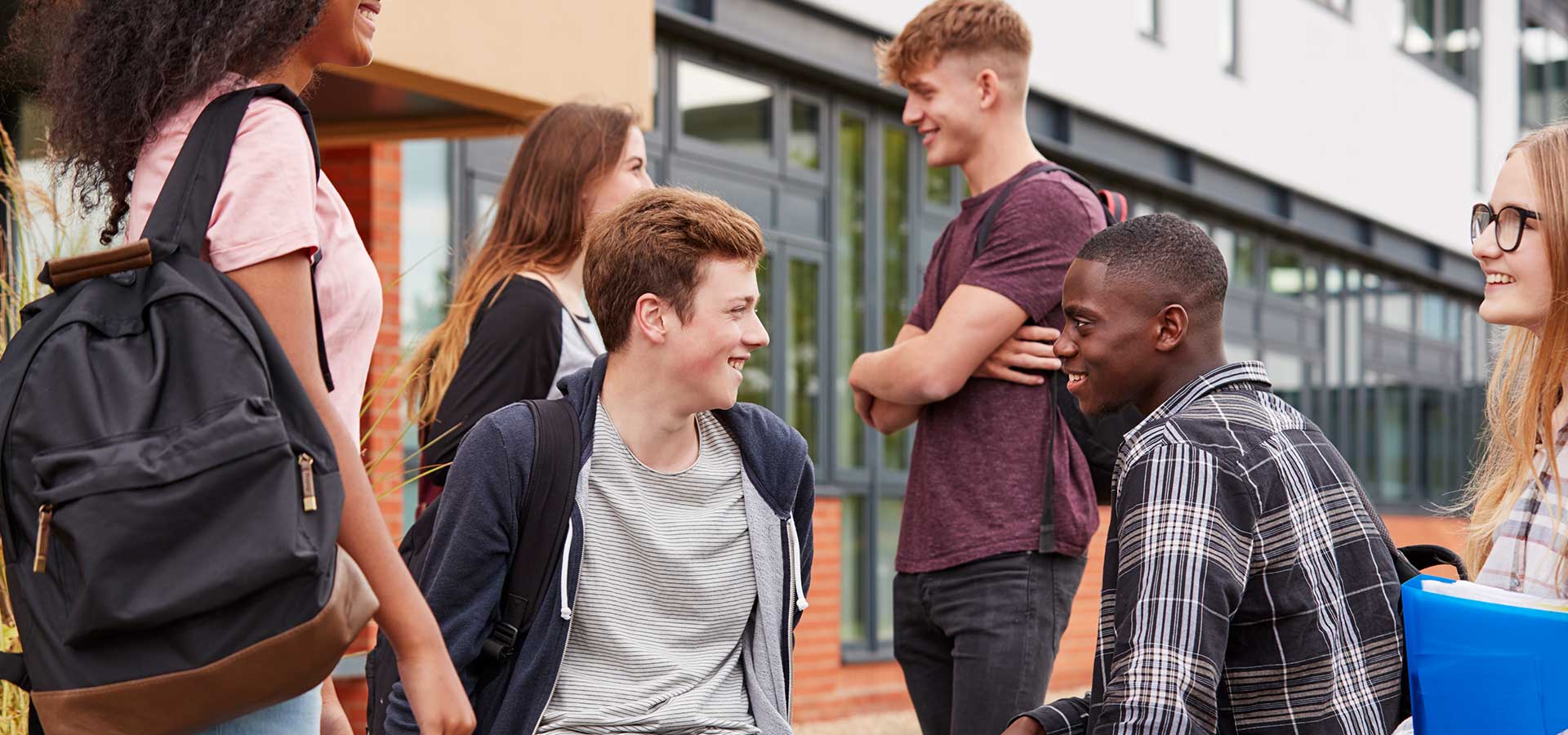


The “Co-education in Green” project aims to promote community environmental education through project-based learning. Although primarily aimed at adult educators, its scope encompasses the participation of students, including those with special needs, as well as the local educational community. The main beneficiaries are adult educators, adult students, especially those with special needs, and the educational community. The project focuses on strengthening competencies in community education, addressing environmental problems and improving accessibility for people with special needs. Additionally, it seeks to enhance leadership and motivation skills. The impacts of the project are expected to extend beyond the participating local communities, reaching regional, national and international levels. The project will promote international cooperation for the transfer of knowledge and experiences related to the co-creation of shared green spaces. Likewise, it will establish a sustainable network of actors committed to the transformation of spaces into greener areas, addressing various problems that communities face in relation to their natural environment and social inclusion. In its pedagogical approach, non-formal community learning seeks to promote fundamental values such as non-discrimination, active citizenship, integration in diverse contexts and protection of the natural environment.
The project aims to provide tools for adult educators to become leaders in their local communities. It seeks to promote cooperative projects to transform shared spaces into greener and more accessible areas, with the purpose of promoting social inclusion, promoting common values, encouraging participation and addressing environmental problems.
Methodology for creating shared green spaces and implementation procedures. Online training kit, to improve the competencies and skills of educators in environmentally-oriented cooperative education through the collaborative transformation of shared spaces into accessible green areas. Manual for adult educators and educational centers on how to co-create multi-sensory gardens for adults with special needs. The outcome will include the organization of a multi-sensory garden co-creation event in all partner countries.

Lorem ipsum dolor sit amet, consectetur adipiscing elit. Vivamus gravida sem odio. Proin volutpat tincidunt rutrum. Maecenas ac arcu purus. Cras suscipit posuere metus quis condimentum praesent euismod sem quis



We are a non-profit organisation based in Reus (Catalonia, Spain) that aims to help young people and adults get involved in youth work to participate in European programmes.

This website uses cookies and/or similar technologies that store and retrieve information when you browse. In general, these technologies can serve various purposes, such as recognizing you as a user, obtaining information about your browsing habits, or customizing how content is displayed.